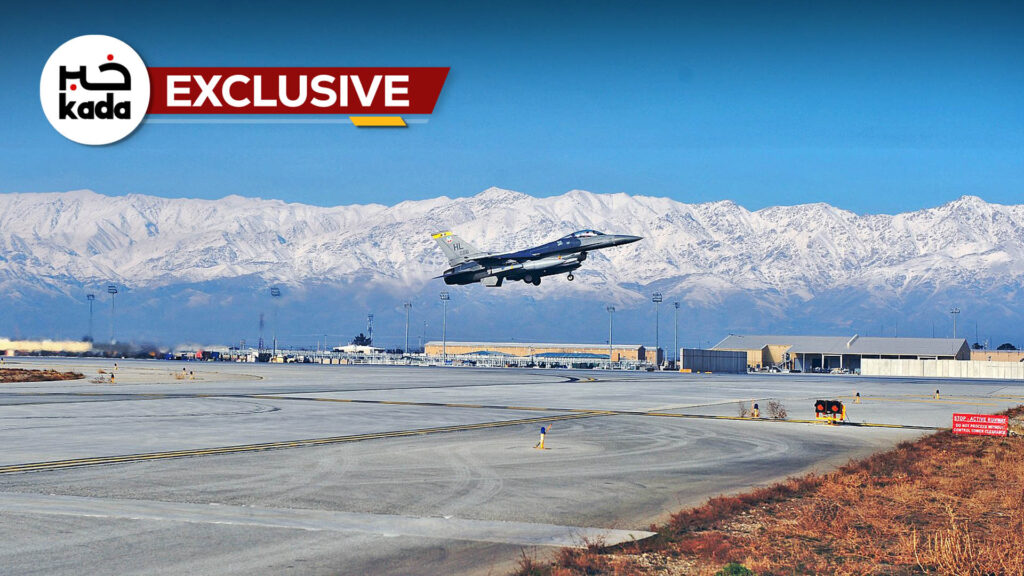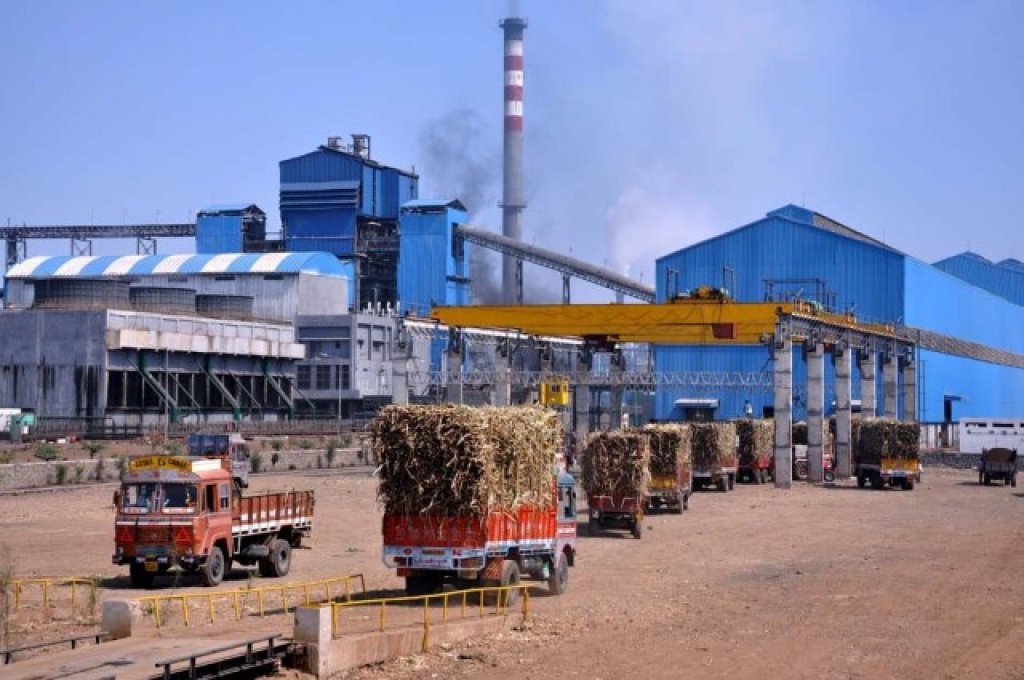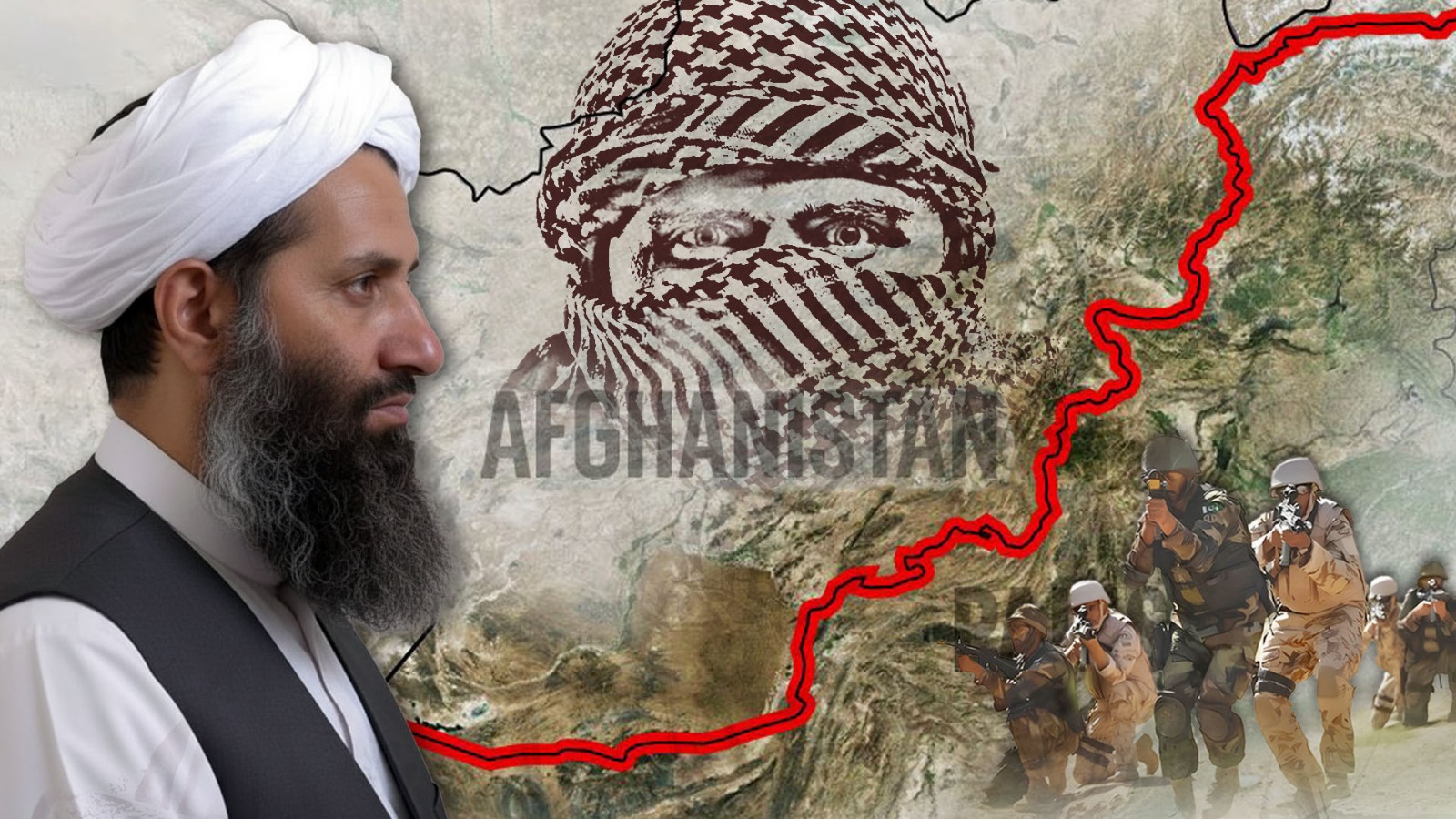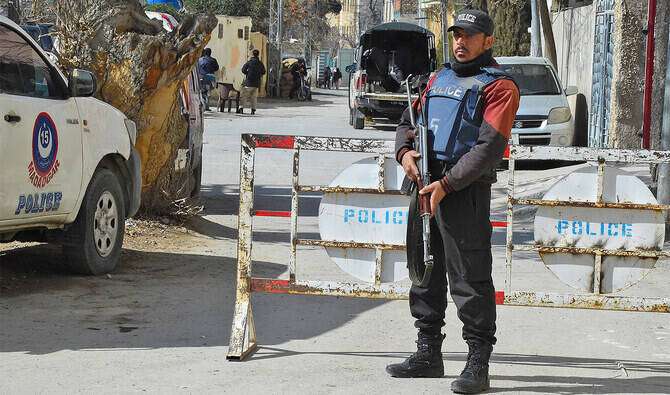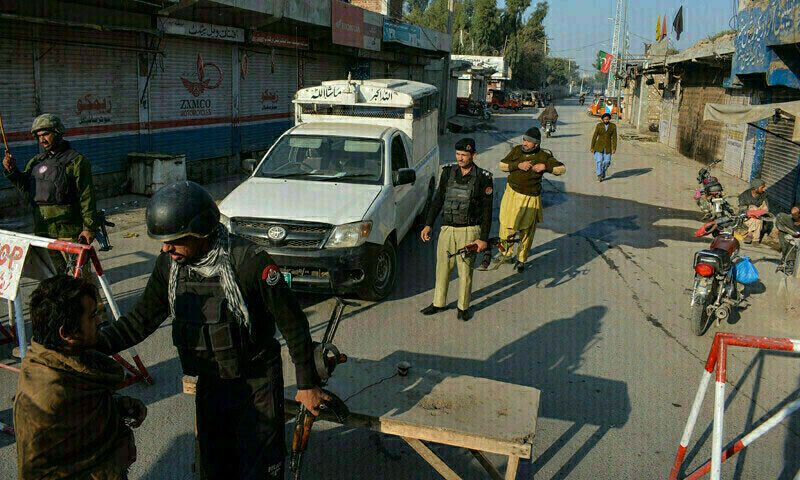The future of Bagram Air Base has once again become the subject of fierce international debate. While former U.S. President Donald Trump has called for Washington to “take Bagram back,” Afghan leaders and analysts warn that any such attempt could ignite proxy wars, destabilize the region, and clash with the Taliban’s uncompromising stance on sovereignty.
Taliban’s Firm Conditions
In recent indirect discussions with Washington, the Taliban leadership made clear that no military return to Bagram will be tolerated. Instead, they presented four non-negotiable conditions for any U.S. engagement with Afghanistan:
- Removal of Taliban leaders from international blacklists
- Formal recognition of Taliban rule
- Provision of international aid
- An end to U.S. support for Afghan opposition groups
Taliban officials have stressed that the United States must “engage in economic and political forms, not military ones,” reiterating that “Afghanistan will never bargain over even a single inch of its land.”
Afghan Skepticism Over U.S. Intentions
Local experts remain doubtful that Washington is preparing for a military re-entry.
Fahim Chakrai, a political analyst in Kabul, warned that any U.S. return to Bagram could turn Afghanistan into a battleground once again:
“If Bagram is handed back to the United States and American aircraft return to Afghanistan, proxy wars will once again begin in the country. Russia, China, and Iran would also intervene, each establishing a military presence here.”
A professor at Kabul University echoed this skepticism, questioning whether the U.S. even has the appetite for such a move. Prof. Dr. Janat Fahim said this in an interview with Khabar Kada.
“Why would the United States return to Afghanistan now? The only issues being raised are girls’ education and human rights, which are not of real importance to the U.S. Over the past four years, America was not even able to secure the release of its prisoners from the Taliban, so how could it possibly take back Bagram?”
He argued that any U.S. approach to Afghanistan today is more likely tied to trade and influence than to military presence.
Rumors and Public Anxiety
Adding to local unease, rumors circulated during recent nationwide internet shutdowns that the Taliban had ordered residents near Bagram to evacuate. No official orders were issued, and locals remain in their villages. Afghan observers dismissed the reports as misinformation fueled by the blackout:
“Because of people’s concerns during the days of the internet shutdown, various rumors spread, but none of them were true.”
Trump’s Renewed Push
The controversy reignited after Donald Trump, now back in power, labeled America’s 2021 withdrawal from Bagram a “historic disgrace.” At a recent press conference, he declared:
“The United States must make efforts to retake Bagram, because we want Bagram back.”
Trump’s remarks mark a shift in his foreign policy focus, which has so far centered on Gaza, Ukraine, and the U.S. economy.
Regional Warnings
China, Iran, and Russia swiftly rejected any prospect of an American return to Bagram.
China: “Escalation in the region has no public support. China respects Afghanistan’s territorial integrity, national sovereignty, and resources.”
Iran: “If the U.S. tries to retake Bagram, it will not be that simple. If America wants to see the coffins of its soldiers, then let it attempt to seize Bagram.”
Russia: “Afghans fought for their freedom and continue to defend their national sovereignty.”
Symbol of Uncertainty
Bagram Air Base, once the largest U.S. military installation in Afghanistan, has become a symbol of both America’s troubled past in the country and its uncertain future role. While Trump’s calls have reignited debate, the Taliban’s hard line and regional pushback suggest that any attempt to reclaim Bagram would meet stiff resistance.
For now, Afghanistan remains a stage for great-power rivalry — its sovereignty tested, and its people bracing for what might come next.

